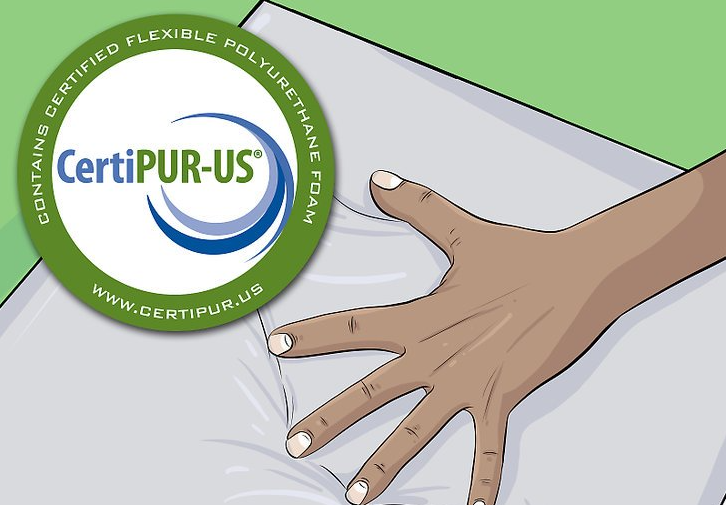CertiPUR-US will expand the list of banned substances, and polyurethane foam containing stannous octoate will not be certified
Latest News: Beginning November 23, 2023, the CertiPUR-US® Foam Certification Program will no longer accept submissions containing stannous octoate (CAS: 301-10-0)
certified foam, stannous octoate is a tin catalyst that can be used to produce flexible polyurethane foam.

The trigger for this change is that, based on the opinion of the European Chemicals Agency’s (ECHA) Risk Assessment Committee, the European Commission recently banned 2-ethylhexanoic acid (CAS: 149-57-5) and most of its salts, including Stannous octoate, reclassified as reproductive toxicity 1B with hazard statement H360D (“May harm the unborn child”).
Michael Crowell, Executive Director of CertiPUR-US said: “CertiPUR-US
Substances classified as ‘may cause cancer’, ‘may cause genetic defects’ or ‘may impair fertility or the unborn child’ are prohibited in certified foam. Now that 2-ethylhexanoic acid and certain salts, such as stannous octoate, have been classified under the Reproductive Toxicity 1B Substance Guidelines, it will be banned from foams certified under the CertiPUR-US program. ”
The November 23, 2023 entry into force date is based on the EU’s harmonized classification practice to allow industry to reformulate foams with alternative chemicals, a process that often requires significant changes in procurement, operations and production.
Depending on the certification renewal date for a particular foam, some participating foam producers will face 12 months to complete the transition, while others will have more time. Michael
Crowell said the plan would be flexible and fair, but the transition period would also be transparent.
The accreditation criteria for the CertiPUR-US program were developed in 2008 under REACH and other chemical regulators, under the direction of chemists, environmental scientists and toxicologists, in collaboration with leaders in the foam, mattress and upholstered furniture industries . Certified foams are used to produce upholstery in household items such as mattresses, pillows and upholstered furniture.
According to Michael
Crowel said the technical guidelines detailing certification standards have been updated several times over the organization’s history. “Vigilant monitoring and transparency of chemical assessments are critical to earning and maintaining consumer confidence in the integrity of the CertiPUR-US program,” he said.
More than 90 flexible polyurethane foam manufacturers from 18 countries currently certify more than 200 different foam formulations through the CertiPUR-US program, administered by the non-profit Flexible Polyurethane Foam Alliance.


